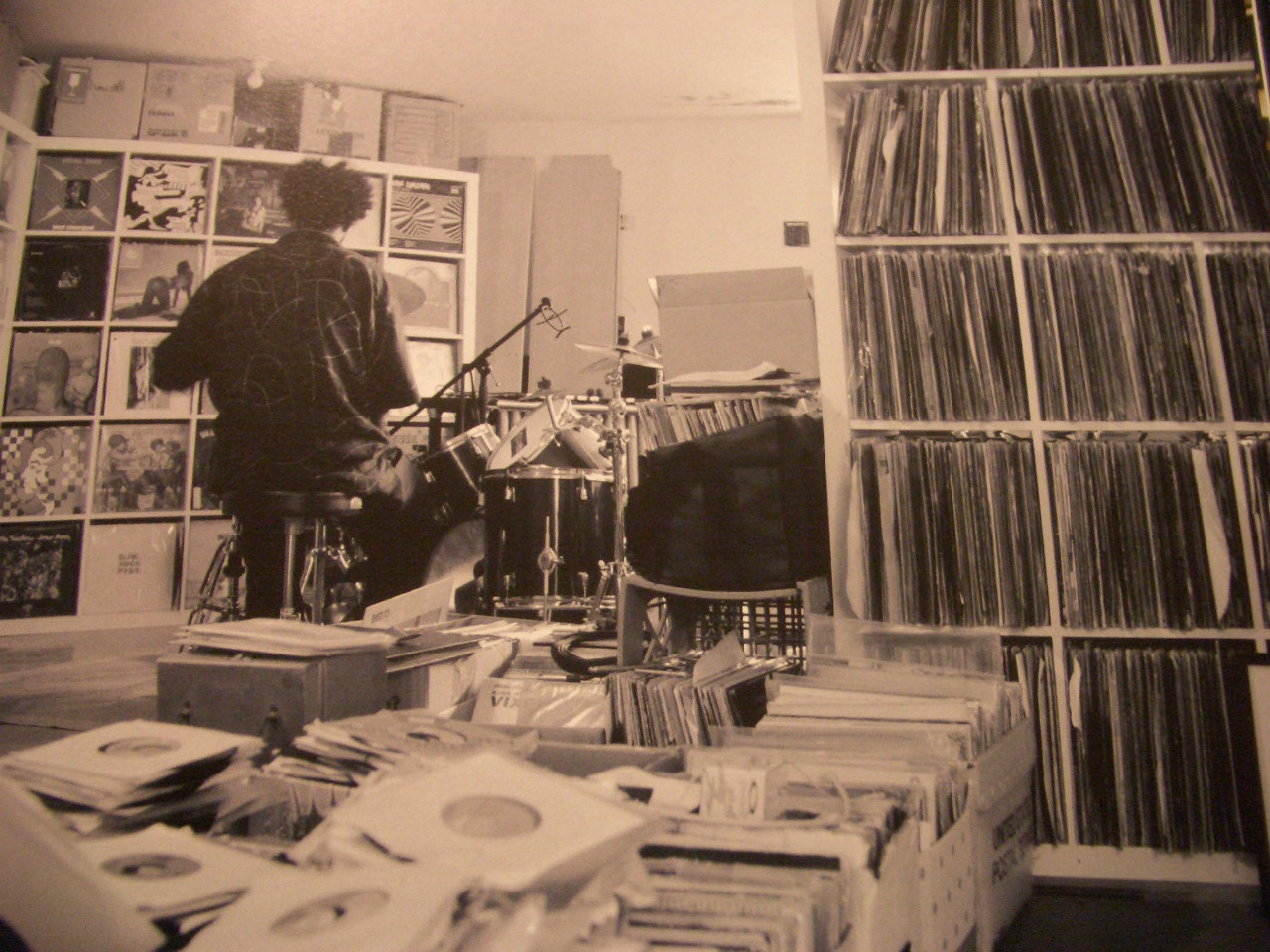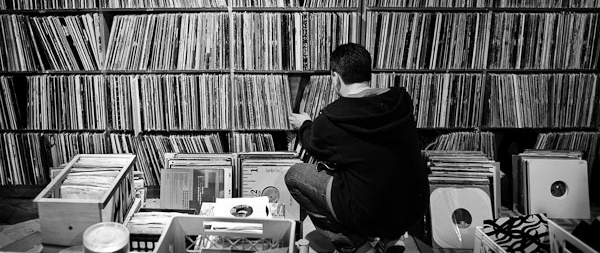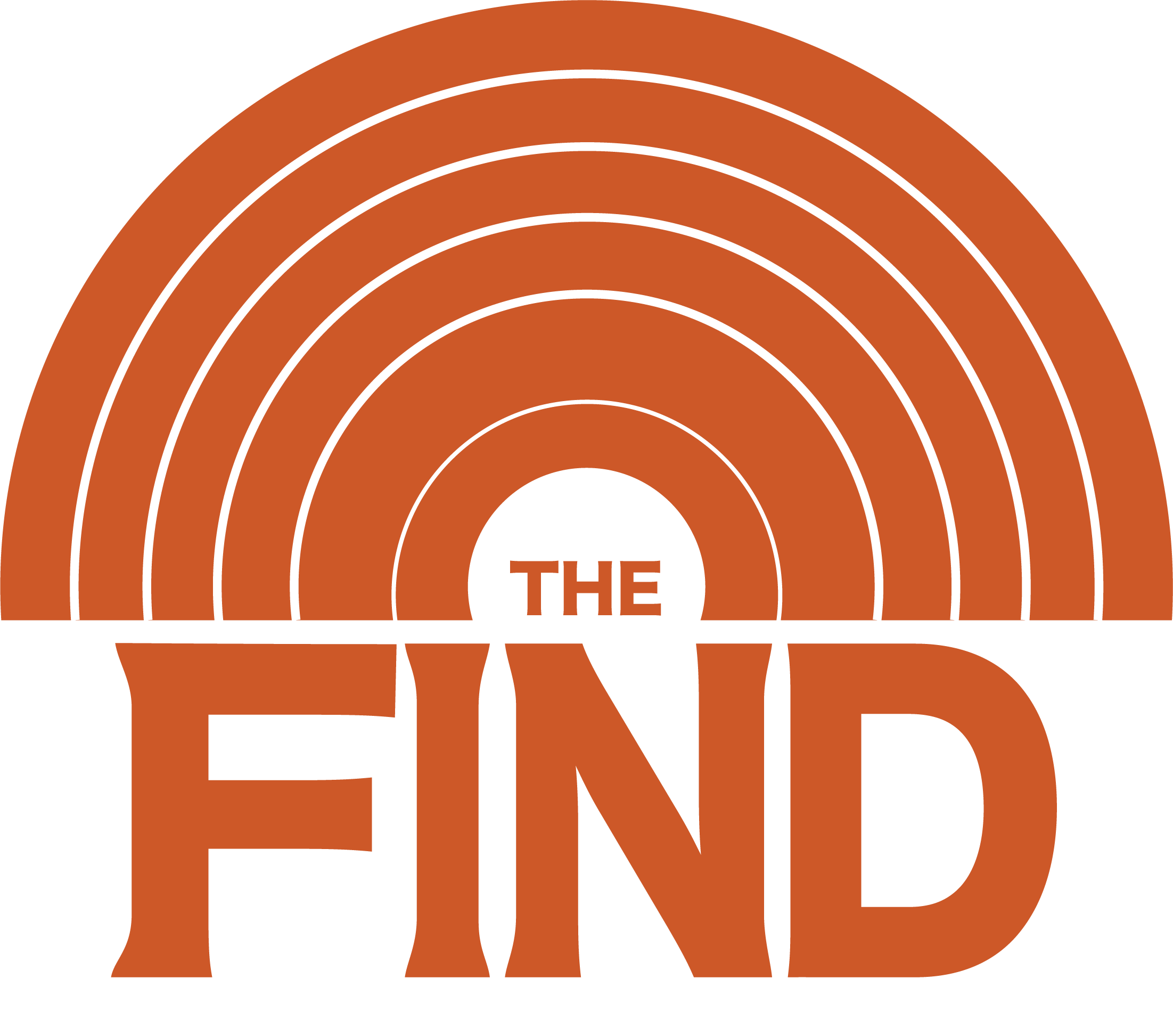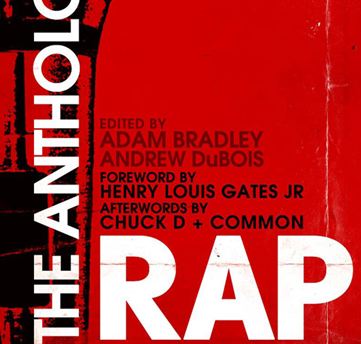Article: Bittersweet sample usage

As a producer I’m inspired by quite a few notable sample-based albums. But these days there are two big problems in particular facing independent producers that work with many samples.
This is a guest article by French producer Qiwu (The Qiwu Selftet)
As a producer I’m inspired by quite a few notable sample-based albums. But these days there are two big problems in particular facing independent producers that work with many samples. If DJ Shadow were to release “Endtroducing…” in this day and age, there is no way it could make it as a major release. Please allow me to elaborate.
Qiwu The Selftet – Loin de Paname | Free Download
The first big issue inevitably concerns the original copyright owner of the sample. Using, recreating or reinterpreting a sample cannot be considered your new ‘musical creation’, as I experienced myself. I’m sure many producers share my frustration that you have to respect the -sometimes unfair- veto of the original artist or label, because in the end it’s still his creation. This means that in some cases you are not allowed to even publish or share a ‘musical creation’ that you consider as your new music yourself.
The second problem is by far the most interesting and, unfortunately, the most frequent: the oligopoly aspect of the cultural industry. Let’s give you a short example from my perspective as an artist. As a big jazz enthusiast I mainly listen to labels such as Verve, ECM, Blue Note and Impulse. These are main sources for my sampling as well. But when it comes to sample clearance, I have to foot a hefty bill. Thousands of dollars, because it’s all property of mother label Universal Music.
That’s why independent record labels reach a deadlock and are in checkmate when it comes to sample clearance, because they don’t have many sources to ‘sell’ royalties from – they pay more to the majors. A big record label ends up owning your LP, without even signing you as an artist. This is what happened with my new album “Travelling Arrière” I was working on, which never got to see daylight due to overly expensive sample clearance costs.

Obviously there are some tricky methods to slip through this. The easiest one is to ‘massacre’ the samples: maximum cutting and chopping. When I got into the process for my album “Travelling Arrière”, my goal was to see where I could use samples with my very own creativity. I wanted to embrace the ethnic jazzy hip hop sound. In this process, ‘sample massacre’ is quite difficult. Eventually I would’ve had to clear samples for thousands of dollars, meaning that I couldn’t release my album due to the immense costs that are simply unaffordable for an independent artist like me.
Another method to pass sample clearance is to not declare any samples with its original owner at all. This also works, but that means you can’t get any (radio) broadcasting, big mixtape placement or commercial use. For me personally this means I miss out on an opportunity to be featured on the soundtrack of a French TV-show as well as doing a remix for a known electro producer.
Now let’s hypothetically say a random beatmaker drops a new track. If people acknowledge his talent, he might eventually get a deal with a major label. If that’s the case, Universal or EMI for example in a ‘best’ case scenario (that’s up for discussion, though), the major label will take care of sample royalties and clearances and pay for it. But clearances for samples remain a mystery if the beatmaker signs to a small independent label. The use of numerous known samples on a new album creates a significant handicap for the label’s budget for the LP. This is a real challenge for independent labels with substantially less resources and a smaller distribution network than most majors. We can freely assume that indie labels are not really keen to put their money on a sample-oriented artist with all these risks, high costs and complex clearance issues involved. This makes it fairly hard for a sample-based producer -especially for those who can’t play any instruments- to get signed to any label and to release physical commercial efforts.

It’s funny to me, but my album “Travelling Arrière” should’ve been released ten or twenty years ago, back when clearances and sample royalties were less of a hassle than they are right now. But in the end it’s more important to me to enjoy making music; the bittersweet nature of using samples is a good driving force for me.
“Travelling Arrière” represents a huge investment in time and I hope that people will feel it when eventually listening to the album if I ever release it digitally for free, so sample clearance is not needed. But now I’m working on a complete opposite direction from “Travelling Arrière”. I’m still staying close to hip hop and jazz, but not so precise to preserve and protect original work in samples due to the accompanied clearance issues afterwards. I use my axe to chop everything up so I won’t have to pay so much, so I can finally release a physical full-length album again. Bet that!
—



